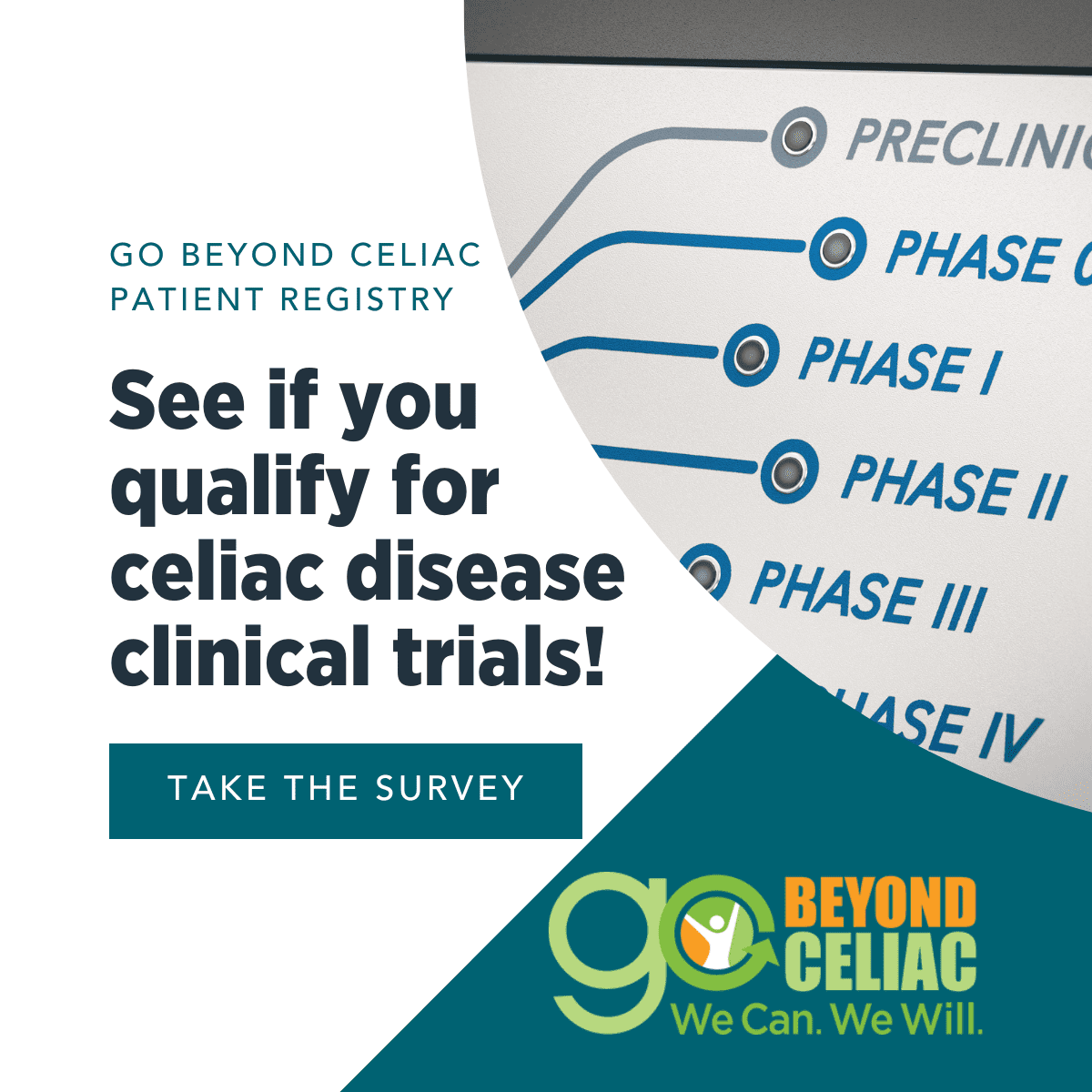Describe your life prior to diagnosis:
I was able to go out and eat whatever, whenever. No limitations. Then one Saturday I went to a Christmas party for work, normal as ever, but the next morning I had broken out from head to toe in some rash. It did not itch, it just felt hot. Monday came, and the rash was still there. Tuesday, Wednesday, Thursday, Friday all passed with no change, except the rash was worse; now I itched. My face was a mess, and people started staring, wondering what accident I had been in.
I made an appointment with dermatology and they started taking biopsies from all over my body. They sent the biopsies in for testing but ultimately had no idea what was going on. Eventually I was sent to the dermatology department at the Mayo Clinic in Rochester, Minnesota. By the time I got to the Mayo another symptom had appeared: dead tired all the time.
The staff at the Mayo ran blood work, took more biopsies, and did an allergy test. They found out I had an allergy to some antibacterial products found in soap and was also super low on Vitamin D. This was during early spring, just coming out of winter. They figured that was my issue, so they put lotion all over me and wrapped me in hot towels for two days, then started me on large amounts of vitamin D, which did give me some relief.
I went home feeling a little better but still not over my symptoms. I figured this was the way I was going to be. I still itched nonstop, often enough that small water blisters would show up, and I had scars on my legs and arms. Figured I might as well get used to it.
How did you come to know (or suspect) that you have celiac disease?
A new symptom had shown up; on top of the itching, I found that if I had a couple beers at night, the next day my hips and knees would hurt so bad I could hardly walk. I went to my family doctor and she thought it was gout. I went through that test and it was negative. So she thought it could be arthritis. I went to rheumatology for the pain.
If you were diagnosed, who made the diagnosis?
The rheumatologist took one look and said, “You do not have any arthritis, but we will find out what is going on.” He pulled out his lab worksheet and circled everything they could run, one of the tests being celiac sprue. I had my allotment of blood drawn, waited two days and then received a call from his nurse, who said, “We believe you have celiac disease.”
I did the first thing we all do: I went to Dr. Internet and looked up symptoms. I did have some symptoms of celiac disease—low vitamin D was the one that stood out to me. I had no issues with the stomach; I would eat and feel fine. I dug a little deeper and found dermatitis herpetiformis as a symptom that’s not as common but does occur, and also joint pain and inflammation.
I later had an upper endoscopy that confirmed the diagnosis: celiac disease.
How long did it take for you to get diagnosed since your first symptoms and what (if any) challenges did you face along the way?
The sad part is this diagnosis took the better part of two to two and a half years to figure out. I was on a very high deductible health plan and spent tens of thousands of dollars to figure this out.
Do you believe anything could have sped up your diagnosis? If so, please explain:
I feel doctors have many things that they go to as quick answers. I think they need to start considering celiac disease or food sensitivities in general as an answer. It may account for more of their patients’ issues than they think. They should test for it earlier in the process. They have a series of standard tests they use initially, and I think they should put the celiac disease test in there.
Describe your experience with living with celiac disease:
I have lived with celiac disease for 8–9 years now. Things have come a long way in that time. There are more and more options everyday, and the options are starting to taste better, too. You can even eat at some fast food places now (at your own risk).
The hard part is feeling guilty for having to eat somewhere just because they may serve some gluten-free food when the rest of the party does not want to. I want to go where everyone else gets to go, pull into any establishment and have dinner without researching for 25 minutes if I can eat there or have to put on an education clinic about why I cannot eat gluten.
Is there anything else you’d like to add to your story?
When you find out you have celiac disease most people don’t understand how you can just stop eating gluten. Everyone says, “I could never give up bread so easily.” But there is not a choice, and the day you start feeling better makes it all worth it. With the support of your family and the celiac disease community you can do it. Some days it sucks, but it is just one day.




